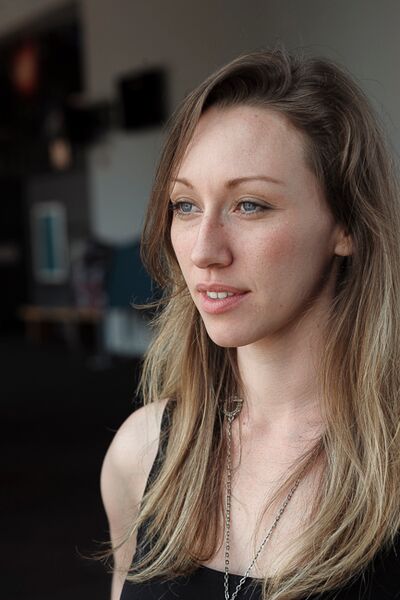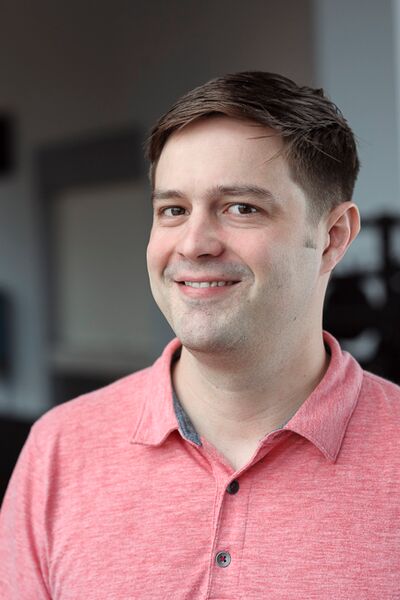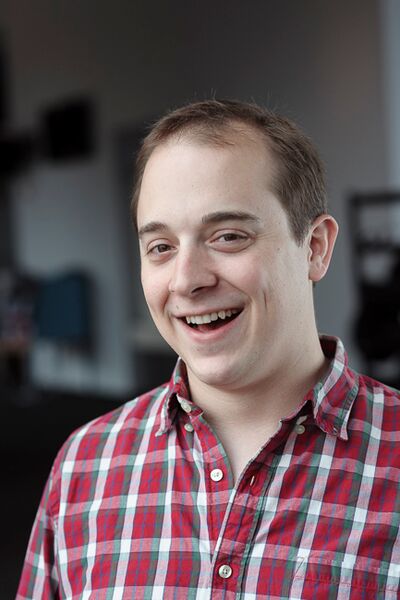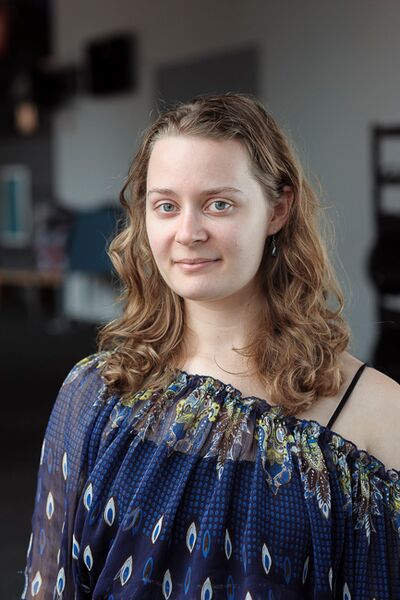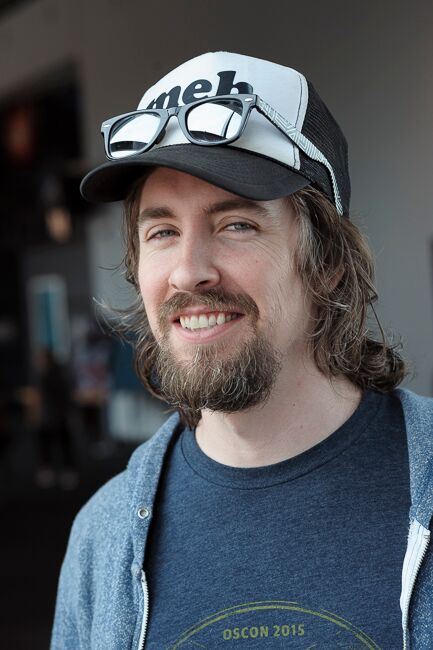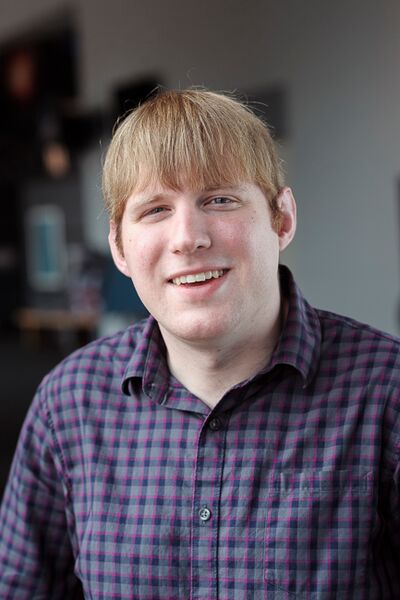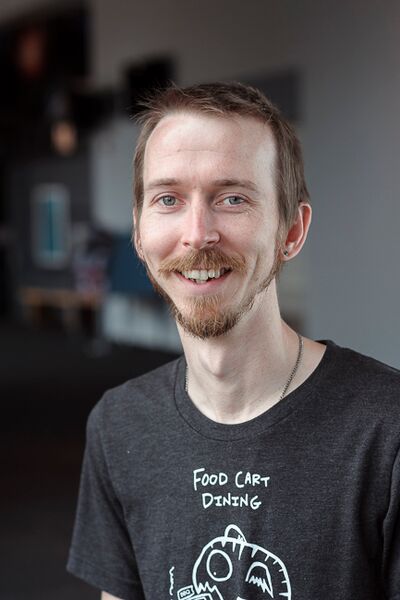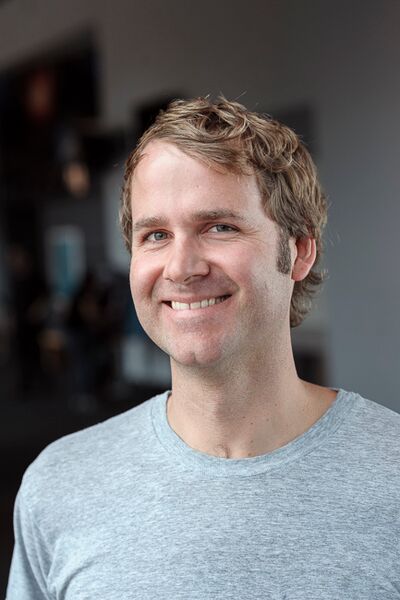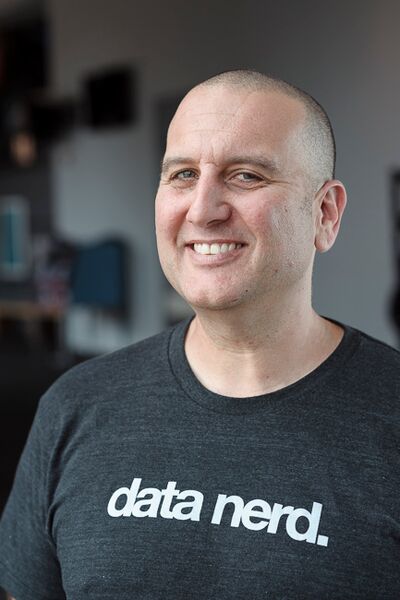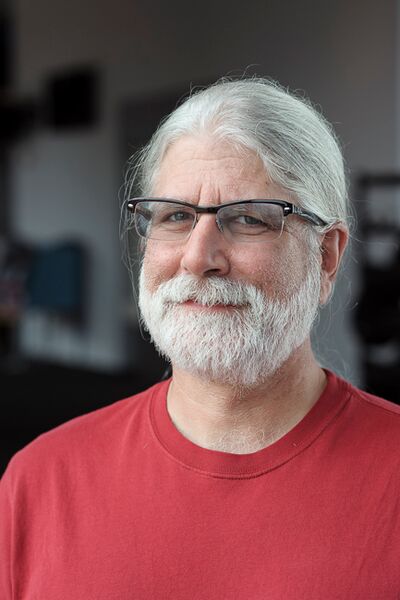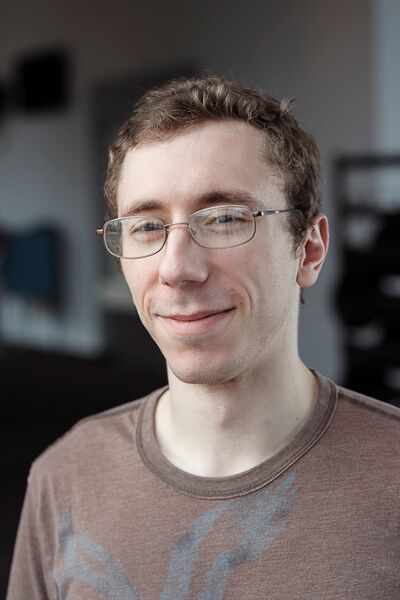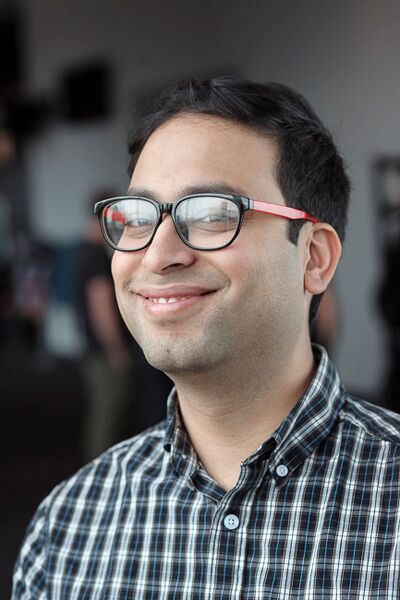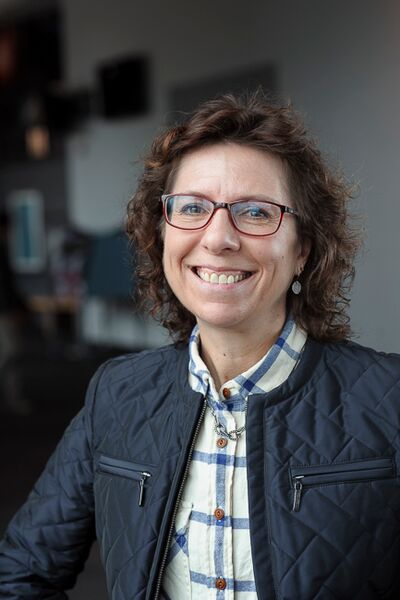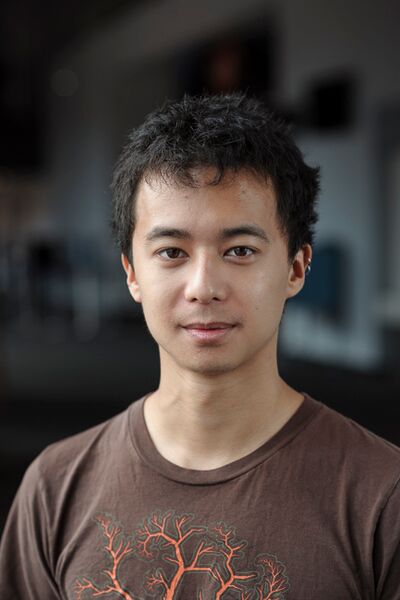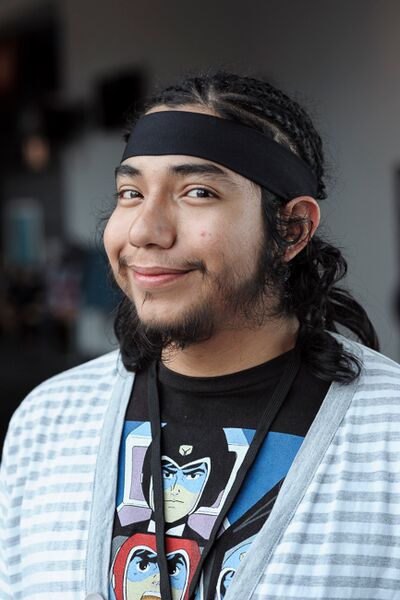
40/40/100 is a project of Hack Oregon in collaboration with Innovate Oregon and the Oregon Business Council. The goal is to use data about the diplomas, degrees, and certificates earned by over 41,000 Oregon students to reveal their education pathways over time.
Can all Oregon kids graduate from high school? If state leaders have their way, we’ll soon find out. Their aim is to raise educational and skill levels – dramatically. If they succeed, there will be a lot more of us with degrees, certificates – and work we love. That’s what 40/40/100 is all about.
Oregon’s leaders have set ambitious targets for Oregonians: by 2025,
Reaching for these goals will help us realize a better Oregon — with a stronger economy, healthier families, and more resilient communities.
In 2013, the pay gap between college graduates and non-college graduates reached a record high , with four-year degree holders earning nearly twice the wages of the people without degrees. The difference in earnings over a lifetime is nearly as great: a worker with a bachelor’s degree can expect to earn $2.3 million over a lifetime compared to $1.3 million for their non-degreed counterparts.
A four-year degree is no guarantee of success -- wages for all but the top earners have remained flat for years, while the cost of college has skyrocketed . But holding one is likely to lead to higher earnings, better employment options over the course of a career, increased engagement at work, and enhanced overall well-being .
Beyond four-year degree programs, the options for learning after high-school are growing exponentially . So are the jobs available to people with credentials beyond a high school diploma but short of a four-year college degree. These are called “ middle skill ” or “ middle income ” jobs and they comprise over 50% of Oregon’s employment — from microentrepreneurs and makers to electricians and organic growers.
Job and career prospects for people with only a high school diploma (or without one at all) are increasingly bleak. Their wages fell nearly 4% between 2007 and 2014 , continuing a three-decade downward trend that has more than tripled their poverty rate.
That’s why Oregon, along with many other states , seeks to graduate every student and vastly increase the percentage of Oregonians who complete a credential or degree beyond high school.
We’ve got some distance to travel to achieve these goals. It is against this backdrop we offer a look into the educational pathways of the 41,603 students – most in the Oregon high school class 2006 – and the stories of Oregonians who would like to see us do (much) better.
Education Pathways uses aggregated data from the Oregon Department of Education (ODE), the Oregon University System (OUS), the Oregon Office of Community Colleges and Workforce Development (CCWD), and the National Student Clearinghouse (NSC) made available to Hack Oregon by the Oregon Business Council and ECONorthwest under an approved data use agreement with the State of Oregon.
The ODE dataset includes 41,603 de-identified Oregon students scheduled to graduate high school in 2006. The records document key demographic characteristics, as well as assessed math and reading proficiency resulting from tests completed in 2003. These student records were matched to college enrollment and degree attainment data from OUS, CCWD, and NSC.
All parties involved used extreme care in the handling of this data. To protect student privacy, Education Pathways only receives aggregated, non person-level data. Data are suppressed for aggregations that result in small numbers of students in a particular category or combination of categories.

Hack Oregon is a community-powered non-profit building civic data projects on different themes to promote engagement, awareness, and quality of life.
All Hack Oregon projects are open source, built entirely by volunteers from our local community. That means that if you live in the Oregon area, or would like to contribute remotely, you can work with us!
Although each of our projects require a slightly different blend of talents and resources, our teams are always interdisciplinary and always have roles available for people at all levels of experience. We place our team members by balancing the skills they want to contribute with the skill they want to learn — and by operating outside of normal bureaucratic, client-based, or venture funded restrictions — we're free to move fast and innovate faster.
It's not always easy, but we think it's pretty worth it.
Find out more at hackoregon.org.
